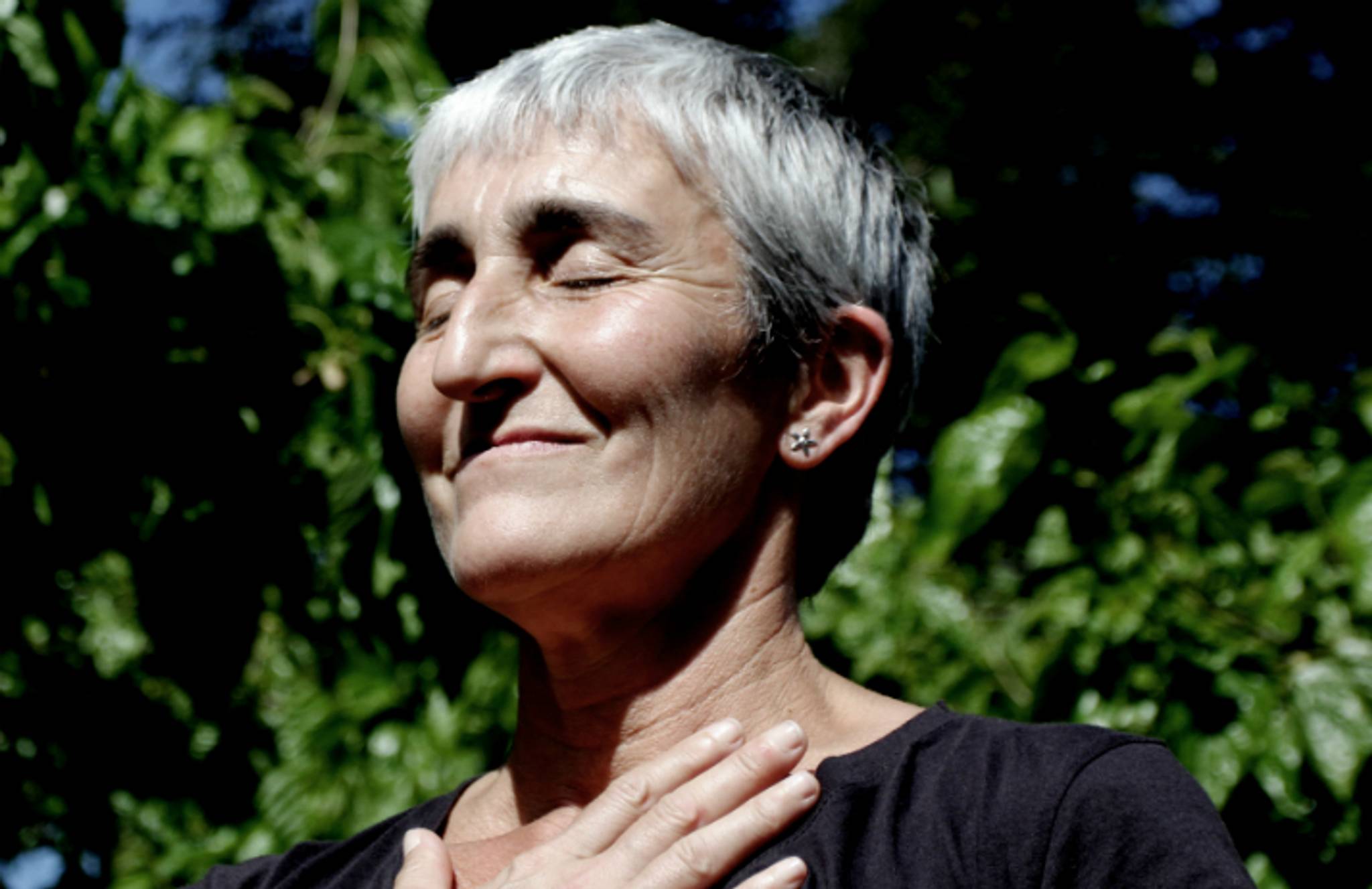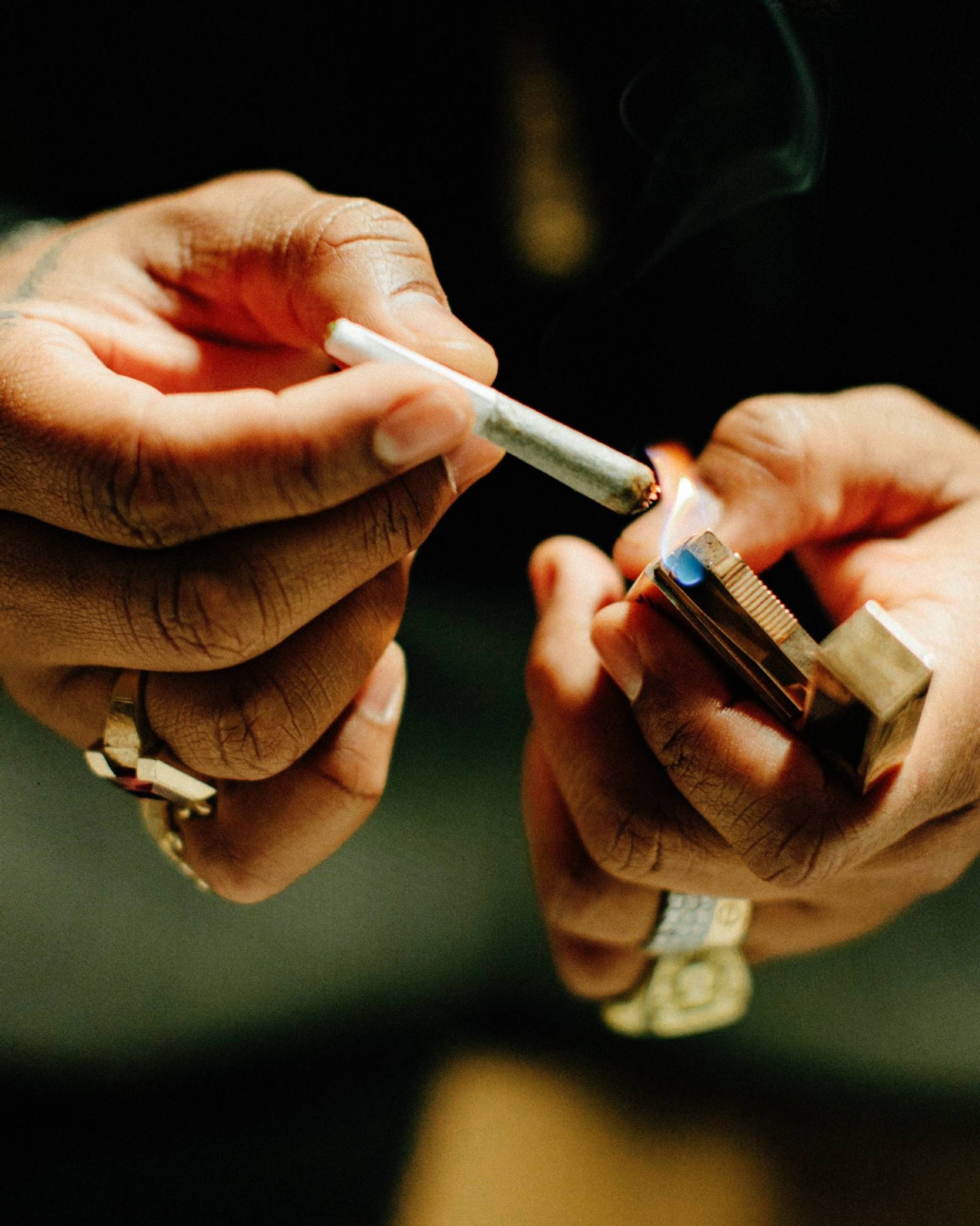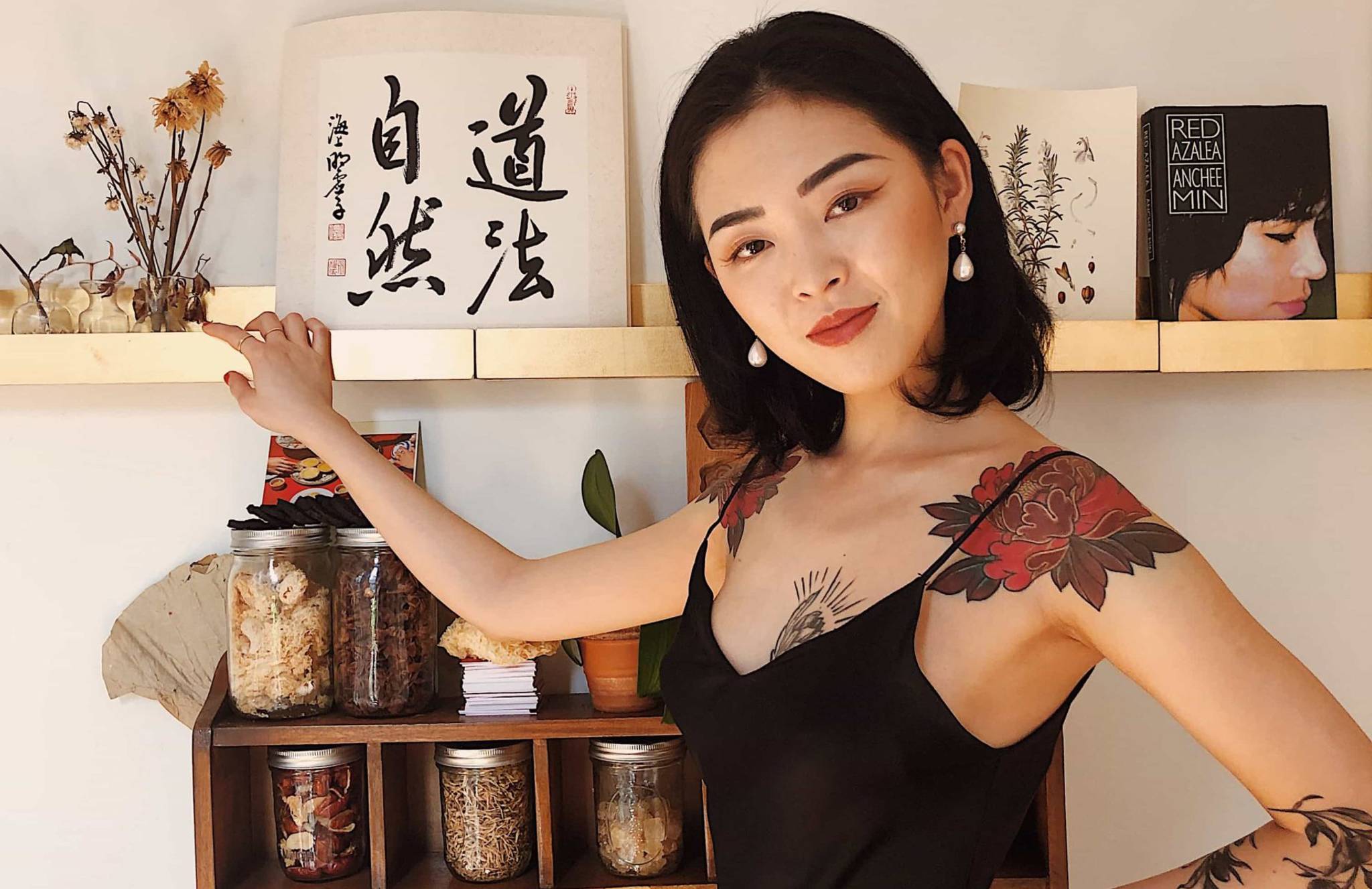Signal23 Apr 2021
The Ancestor Project champions AfropsychedelicsThe Ancestor Project promotes collective healing among the Black community in the US, using psychedelics as a tool of self-transformation. It’s part of a movement pushing for spaces of education, entertainment, and enlightenment for Black people in relation to psychoactive herbs.
The Ancestor Project is a Black-led collective that’s educating Black, Indigenous, and people of color communities in psychedelics and traditional practices. Guided by the belief that plant medicine is a gateway to liberation for oppressed peoples, the project supports safe exploration for users in their psychedelic experience. “Psychedelics help to de-program or decolonize the mind of all the ridiculous stereotypes and expectations that are placed on us,” say Charlotte James and Undrea Wright, co-founders of The Ancestor Project. In order to facilitate psychedelic therapy, they’ve hosted ceremonies, talks, and workshops that delve into social justice, European Shamanic traditions, and confronting personal biases. Research shows this method can encourage healing: one study finds that racial trauma encountered by Black, Indigenous, and people of color decreased after psychedelics usage.
The narrative around psychedelics has for some time been dominated by Whiteness, eclipsing the contributions and narratives of Indigenous communities and ethnic minorities. This is something more people are recognizing, alongside the racial policing of Black people when it comes to drug use. In the UK, Black people are searched for drugs nine times more than White people, for example. As calls to center Black, Indigenous, and people of color’s narratives in psychedelics grow, there’s a burgeoning demand for the decriminalization of cannabis. These shifts, as well as a growing market for the plant, could see its place in society shift. From interest in THC herbal jellies to weed-based cooking shows, there is considerable enthusiasm for brands to engage with.

©The Ancestor Project (2020)



